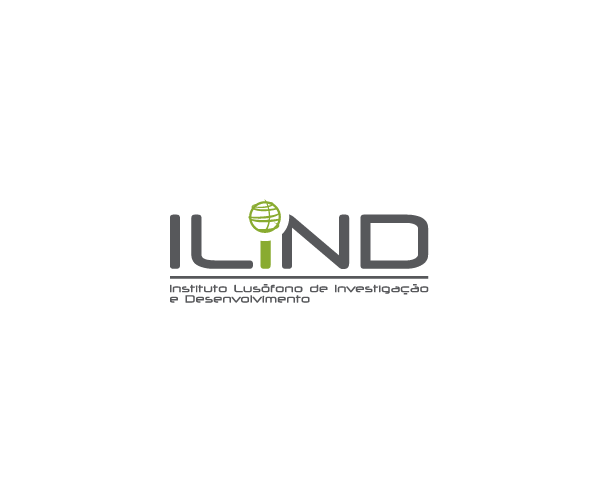
Project Reference
Start / End
01/01/2023 (18 months)
Status
Closed
Funding Programme
ILIND / COFAC
Funding (Total)
14 836.52 €
Heilab Funding
14 836.52 €
Leading Partner
HEI-LAb
Consortium
HEI-Lab (ULusófona)
Facultad de Psicología - Universitat de València
Abstract
For several decades, the use of categorical classifications has served as the preferred method for psychological assessment, both in research and practical application.
While this adoption has promoted a common language and facilitated the proliferation of evidence-based therapies, this categorical approach neglects the inherent intra-individual variability in human psychological functioning. Based on a transtheoretical and transdiagnostic perspective, process-based therapy aims to refocus professionals’ attention on the processes of change, seeking to adapt clinical interventions to the real needs that clients bring to consultations.
This perspective relies on the use of high-density temporal measures to more thoroughly assess and understand psychological distress, thus highlighting the need to rethink assessment beyond self-report instruments. An alternative strategy to traditional data capture lies in the analysis of non-verbal behaviors (NVB), including facial expressions, voice, gestures, and gaze. Although less adopted due to the subjectivity of capture by the naked eye, technological development has increasingly enhanced capture accuracy and democratized access to these digital instruments.
Specifically, through a virtual reality headset, it is possible not only to collect all the aforementioned NVB aspects but also to simulate real-world situations that allow for ecologically valid capture. It is in this light that this project aims to translate, validate, and adapt questionnaires focused on the assessment of psychological processes to a virtual reality environment. These data will subsequently be analyzed through an algorithm that identifies clinically relevant dimensions for each individual and for the group, in an idiographic approach.
As a logical successor to previously funded projects by ILIND - VRmnesis and UCORE, this project builds on previously obtained results from a multidisciplinary perspective to explore new methods and research strategies in mental health.








